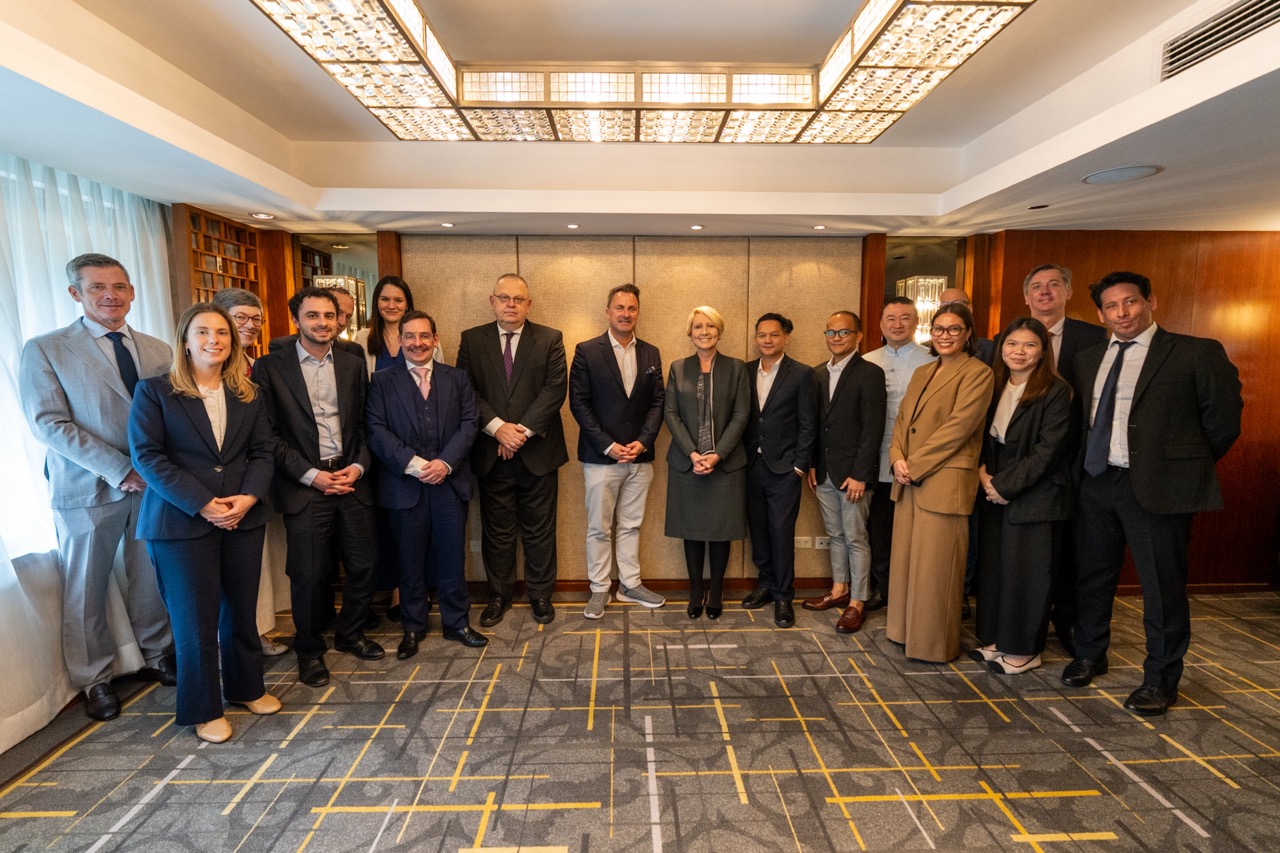The Global FinTech Forum
April 28, 2021 @ 12h00 - 14h30

The world is adapting to enable FinTechs. Are you up-to-date with the latest frameworks in place around the world that have been put in place to support budding entrepreneurs in the startup space?
DIFC FinTech Hive bring together global FinTech hubs to share different insights, industry trends, discuss regulation in the region and exchange news and perspectives.
Agenda:
o 12:00 PM Opening remarks
o 12:10 Overview of FinTech Trends by DIFC FinTech Hive
o 12:30 Panel discussion: Country Perspectives: Global FinTech ecosystems and local trends
o 13:30 DFSA’s Financial Innovation Agenda
o 13:50 Forward Looking Regulations and Guidance on FinTech by Central Bank of UAE
o 14:10 How to join the Fintech community of startups at DIFC
o 14:30 Closing remarks
Panelists & Speakers:
- Khalid Dannish, Chief Executive Officer of Bahrain FinTech Bay
- Shu-Pui Li, Advisor, The Governor Office, Central Bank of U.A.E.
- Peter Smith, Managing Director, Head of Strategy, Policy & Risk, DFSA
- Hemant Kshirsagar, EY India FinTech Leader
- Noha Shaker, Founder and Secretary General of the Egyptian Fintech Association
- Paddy Ramanathan, Founder and Managing Director of iValley Innovation Center
- Nasir Zubairi, CEO of the LHoFT Foundation
- Joseph Lim, Head of Tribe Accelerator and Head of Global Business Development at Tribe
- Mohammad AlBlooshi, Sector Head Fintech – Business Development at DIFC Authority






